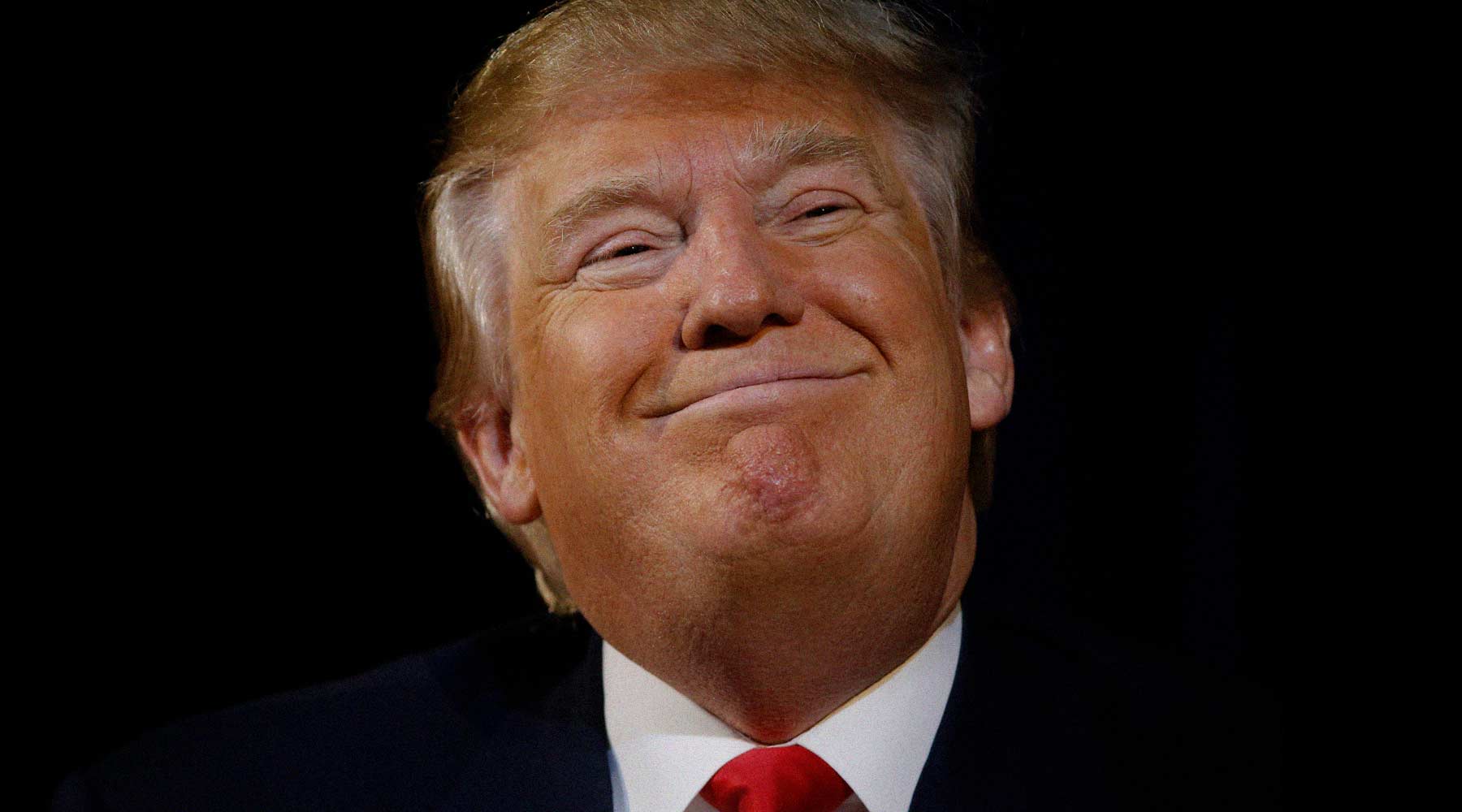(AhlulBayt News Agency) - Addressing a group of the White House staff on Saturday, the new US national security advisor General Herbert McMaster criticized associating the terrorists with Islam, calling it “counterproductive.” The official expression of disapproval of this association in the new American administration is coming while the US President Donald Trump since his swearing-in has been linking the terrorism to the Muslims and their religion.
The US leader first time used the phrase “radical Islamic terrorism” during his inauguration ceremony speech.
In his Twitter posts, Trump has used the phrase Islamic terrorism to draw links between terrorism and Islam and repeatedly expressed serious concerns about the phenomenon. The analysts suggest that the president’s approach to imply a link between Islam and the terrorist attacks that not only hit the West Asia region but also massively send the Europeans into a spin certainly comes with specific ends.
As part of measures to address these worries, last month White House issued an executive order signed by President Donald Trump banning citizens from seven predominantly Muslim countries– Iran, Iraq, Somalia, Syria, Yemen, Libya, and Sudan– from entering the US. The order was planned to be three months in place to protect the American national security. The travel restriction drew nationwide protests in the US and also criticism from the internal and foreign leaders. The anti-Muslim policy even denied entry to those who over the past year visited the US at least once. The federal court ruling, however, suspended implementation of the executive order, but Trump’s administration said it will work out “new executive action” related to the travel ban.
A look at Trump’s backgrounds and his obsession with reorganizing the domestic economy that gave rise to the idea of his being an isolationist and nationalist leader helps us understand that the new president’s obsession with highlighting so-called Islamic terrorism’s risks does not derive from his preoccupation with the issue.
Relying on his personal wealth and without any reliance on his Republican Party, Trump managed to attract attention of the American citizens in the election. When he debuted his job at the White House, this distance with his party reflected negatively on confirmation of his picks for the cabinet posts. Trump had to make a deal. He had to pursue some policies that will win him a Republican backing.
The new head of state, without any doubt, was not poised to compromise with any side on his economic policies. After all, he wants to adopt in a major scale in the national economy his business approach that pushed him up as one of the most successful American businessmen. Instead, he entrusted the foreign policy and security apparatus to some people in his cabinet whose stance well represented the Republican Party’s key policies.
Compared to the Democrats, the Republicans embark on a tougher posture when it comes to dealing with the global issues, particularly with Iran. Contrary to their Democratic fellows who prefer a soft approach to put strains on the opposite side, the Republicans emphasize on the use of hard force in their confrontation. That is why since the beginning, the US secretaries of state and defense choose to show a hostile face to Iran.
Certainly, in such conditions Trump’s insistence on banning citizens of seven majorly Muslim nations, including Iran, from travelling to the US can be linked to the influence of the Republicans and powerful Zionist lobbies in the country. Being a businessman, Trump due to the nature of his career, has always concluded his work through bargaining and compromising. It does not appear that Trump has forsaken this procedure after becoming the president of the US. This is obvious when we know that even until the initial days of Trump’s swearing-in as president; there was a possibility of the Washington-Moscow proximity and cooperation.
Therefore, putting Islam beside terrorism might work for the best interest of the people and groups with whom Trump is dealing. The very interesting thing is that none of the citizens of the ban-affected countries during at least the past half a century posed any terror threat to the US. Another surprise is that the Saudi Arabian and Pakistani nationals who so far have inflicted the biggest terror damages on the US, with 11 September being the deadliest one, are not included in the executive travel restriction.
The reason for White House's lack of sensitivity to these two countries' citizens is roles they can play to contribute to the US pursue its objectives in West Asia and the Indian Peninsula. For example, Riyadh, an ally of Washington, in past few years has taken considerable steps to help Tel Aviv, another key ally of Washington. The Saudi services include bids to get possession of Red Sea Egyptian islands of Sanafir and Tiran to give their control to the Israeli regime, not to mention the kingdom's measures to push for normalization of diplomatic relations of the Persian Gulf Arab states with Tel Aviv.
As a conclusion, Trump administration’s exaggeration about the so-called Iranian threats and including Tehran on the Islamic terror list serve interests of the Israeli regime and Saudi Arabia, one of them is Tehran’s arch-enemy and the other is its regional rival.
/298
source : Alwaght
Tuesday
28 February 2017
8:53:47 AM
814664

The US leader first time used the phrase “radical Islamic terrorism” during his inauguration ceremony speech.
